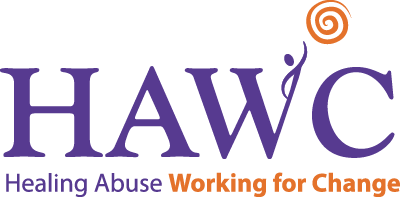Many survivors stumble on their journey towards healing—it’s all part of the process!
Depending on the situation, those who have experienced abuse may struggle with depression, anxiety, anger, dissociation, mood issues, post traumatic stress disorder (PTSD), shame, and a number of other issues. Learning how to combat and cope with the psychological repercussions of trauma can be a lot easier with the help of a trained professional.
Therapy helps survivors of abuse process the difficult emotions that plague them, but they also help survivors develop healthy coping mechanisms and self-care strategies for the future. Specially trained for trauma, these professionals offer survivors an open, non-judgmental space to work through issues that feel overwhelming, embarrassing, or particularly painful.
There are many ways to find networks of therapists ready to support you. Call your insurance company or look at your insurance website to find support that is covered by your insurance plan, or consider what free services you have access to through your school system, community center, or faith-based organization. Whether you’re a survivor of abuse or not, finding a therapist that “clicks” with you is always a challenge. In an effort to ease your search, HAWC has developed a simple 3-art checklist for knowing which therapist is right for you:
- Experience. Every therapist is specially trained in specific areas, like trauma, depression, LGBTQ+-related issues, substance abuse concerns, and more. Finding a therapist that specializes in some of the challenges you are facing can be extremely valuable to getting the specific help you need.
- Technique. Just as every therapist is trained in specific areas, they are also trained with specific techniques. Some therapists focus on talking through issues, while others prepare worksheets and notebooks for you to practice skills outside of sessions. Your therapist might view art as a way of understanding your trauma or prefer to emphasize acceptance above all. Research the various therapy techniques and explore which ones might be right for you. If you’re not sure what you need, pick one that interests you and give yourself some time trying it out before moving on to the next option.
- Personality. The most essential aspect to therapy is feeling comfortable with your therapist. To achieve open, honest dialogue, you need to feel like you “click” with the other party. If you feel judged, uncomfortable, or anxious about meeting with your therapist, it might not be the best fit. Consider interviewing prospective therapists over the phone or going to a few sessions to test your chemistry first.
A note on changing therapists: It is perfectly okay to change therapists if you feel that you might not be the best fit. However, there are a few steps you might want to take before you abruptly stop attending sessions:
- Try setting aside time at the end of your appointment to communicate with your therapist. While this might feel uncomfortable initially, therapists are professionals and their job is to ensure that you get the help you need. By communicating with them, you can get a referral for another professional who may be better suited to you.
- Consider getting a second opinion before leaving your therapist altogether. Having more than one person’s opinion may work to confirm your concerns or reaffirm your therapist’s thoughts—either way, you’ll have a better picture of what you need moving forward.
- Remember that healing takes time. Therapy is meant to give you tools to structure your life, but it will not fix everything right away. For some patients, healing may only take a few months working with a professional. Others might be seeing a therapist for years to heal from their experiences. While it is important to set goals for recovery, let your timeline be flexible. Consider scheduling check-in appointments every once in a while if you think you’re ready to be done with therapy altogether.
The process of choosing a therapist can take time, energy, and attention. For those experiencing crisis and in need of immediate help, call HAWC’s 24-Hour Hotline at 1-800-547-1649, or contact your local mental health center or hospital emergency room.
References
- (July 2017). “Abuse/Survivors of Abuse.” Good Therapy. Retrieved from: https://www.goodtherapy.org/learn-about-therapy/issues/abuse.
- “How Can Therapy Help?” Rape, Abuse, Incest National Network (RAINN). Retrieved from: https://www.rainn.org/articles/how-can-therapy-help.
- “How to Choose a Therapist for Post-Traumatic Stress and Dissociative Conditions.” Sidran Institute: Traumatic Stress Education and Advocacy. Retrieved from: https://www.sidran.org/resources/for-survivors-and-loved-ones/how-to-choose-a-therapist-for-post-traumatic-stress-and-dissociative-conditions/.


